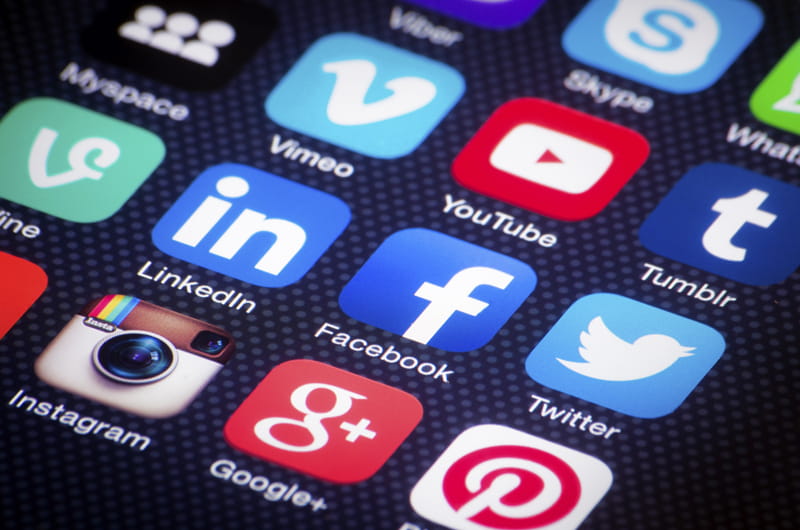Will Social Media Kill Branding? Researchers Evaluate How Social Media has Transformed Traditional Marketing

- Drexel to Expand Teacher Residency Model in Philadelphia with Support From William Penn Foundation
- Drexel to Lead $5 Million Multinational Effort to Produce MXene Materials for Water Desalination and Medical Diagnostics
- New Research Reveals How Autistic Teens’ Brains Respond in Some Social Settings, Helping Them ‘Pass’ as Non-Autistic
- Autistic Adults Nearly 1.5 Times More Likely to Need Return Visits to Hospital for Mental Health Conditions

Reviews on e-commerce sites like Amazon are now a major tool for discovering new, better products and conversations on platforms like Twitter and Facebook can reach a virtually limitless audience.
For decades, corporations used a steadfast formula in branding a product: big advertising investments that produced customer awareness and built a positive product reputation. By investing heavily in and tightly managing a product’s image via controlled communications, dominant brands could be leveraged to cultivate loyalty and a long-term stream of profits.
The high cost of television and print marketing excluded upstart products all but ensuring long-term dominance for top-tier brands. But social media’s meteoric rise in popularity may be killing the old, reliable branding formula and changing how consumers interact with brands.
In a recent article published in Business Horizons, Drexel LeBow marketing professor Rajneesh Suri, PhD, and his co-authors find that “in a world where there are more mobile phones than toothbrushes, consumers are likely to leverage their power in social media to be more demanding of marketers.” Consumers are expressing their new power through customer-to-customer communication that skips traditional marketing channels. Reviews on e-commerce sites like Amazon are now a major tool for discovering new, better products and conversations on platforms like Twitter and Facebook can reach a virtually limitless audience.
With more power in customers’ hands, the new branding landscape becomes much less stable. Big brands are faced with not only a loss of control, but increased threat from smaller, nimbler competition. Newcomers can capitalize on online word of mouth and creative, low-cost social media campaigns to gain market share.
This seismic shift in the branding landscape will force the old guard to adapt or risk irrelevance. The authors point out that changes as simple as listening to customers can reap big rewards. Social media can strengthen or kill a brand; the key to success lies in how quickly companies can change their mindset and adopt new strategies in response to consumer preferences.
This seismic shift in the branding landscape will force the old guard to adapt or risk irrelevance. The authors point out that changes as simple as listening to customers can reap big rewards. Social media can strengthen or kill a brand; the key to success lies in how quickly companies can change their mindset and adopt new strategies in response to consumer preferences.
The figure above shows how social media has transformed the traditional marketing communication model–—which, for the most part, was a one-way path from the marketer to customers with some feedback flowing in the opposite direction–—and has created a paradigm shift. Not only are consumers more in command of the communication flowing toward them, but they also can initiate communication directed toward marketers. Interaction between customers has increased dramatically.
In This Article
Contact
Drexel News is produced by
University Marketing and Communications.